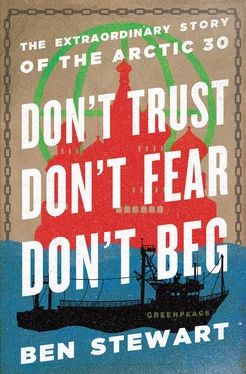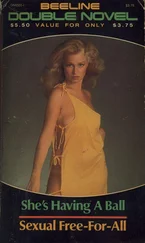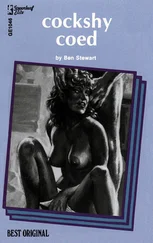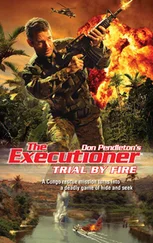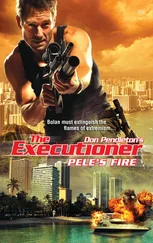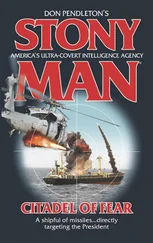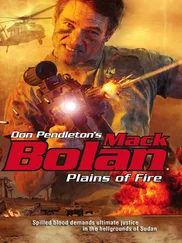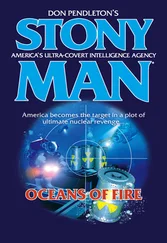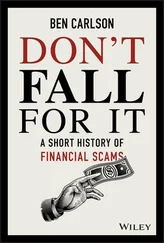‘AUE! Vitaly, AUE! My cellmate, farewell, may you see freedom soon!’
And from the windows comes a wall of noise.
‘AUE!’
‘Go pirates!’
‘Your freedom must come!’
‘AUE!’
The Arctic 30 are leaving SIZO-1 with the solidarity of the prisoner community ringing in their ears. In single file the crew walk towards a waiting avtozak , their bags slung over their shoulders, their breath lit by spotlights as it freezes on the cold night air. They glance back to take a final look at Murmansk isolation prison.
Some of the crew take a moment to think about the cellmates they’re leaving behind, men who in many ways they’ve come to like and respect. Ivan, Boris, Yuri, Vitaly. Some of them are imprisoned because they’ve done bad things to good people, but in SIZO-1 they did what they could to help strangers survive.
The activists are slipping from Popov’s grasp, but what awaits them in St Petersburg? Can Kresty be as bad as their cellmates claim? And are they being taken to a place that will be their home for the next seven years of their lives?
Next to the bus stands an officer in a sharp camouflage uniform. ‘I am in charge until we hand you over in St Petersburg,’ he announces. ‘There are rules and I expect you to obey them. My men expect nothing less than your absolute co-operation. Our journey is by Stolypin . I cannot tell you how long it will take. As long as you recognise our absolute authority, you will be treated well. I see no reason why this should be unpleasant for any of us. Okay, let’s go.’
They’re loaded onto the bus, it pulls away and they drive through the gates. Behind them the shouts and screams from the windows die out and all they can hear is the crunch of tyres on grit as they leave SIZO-1.
The Stolypin is comprised of old-fashioned carriages hooked onto the back of a passenger train. The corridor goes down one side of the carriage, with cells along the other. There are no windows in the cells, just shelves, like benches, two rows of four in each. Only the top ones have enough headroom. The windows on the corridor are frosted glass with little gaps that the activists can see through. At one point they glimpse birch trees with snow on the ground, then they pass some buildings and they see the lights of a town.
It’s like Doctor Zhivago , Frank thinks. Everyone banged up on the train, and this carriage is pretty much from the same era. Maybe Julie Christie’s going to turn up.
They can touch each other, they can speak to each other without shouting, without a guard interrupting. For some of them, it’s a revelation.
The forty-year-old Argentine sailor Hernan Orsi pulls out a sheet of paper and a pen. ‘Okay,’ he shouts out, ‘here’s your chance to say who you want to play you in the movie of this shit. Me, I’m getting played by Benicio Del Toro. Colin, you’re Jeremy Irons.’
‘Jeremy fucking Irons? Are you kidding me?’
‘Andrey, you’re Gérard Depardieu.’
‘No no,’ someone crises out. ‘Andrey is Dustin Hoffman.’
‘Okay, Dustin Hoffman.’
It takes an hour for the train to agree on a full cast list – Frank is Jason Statham, Alex is Jennifer Connelly, Camila is Jennifer Garner, Sini is Naomi Watts, Phil is Jude Law, Kieron is Orlando Bloom and Dima is Jean Reno, the kindly assassin from the movie Léon . Pete is Jon Voight – ‘What? Again?’ – and Denis is ‘Sickboy in Trainspotting ’ (aka Jonny Lee Miller, who was once married to Voight’s daughter Angelina Jolie, making Pete a sort of celebrity father-in-law to Denis).
The women are in cages together. They play games all day, they don’t want to sleep because they don’t know when they’ll be this close again. They hold hands and talk – about their lives back home, boyfriends and families. Camila has photographs with her, of her parents and her brothers and sisters. She shows them to the others, then she reads out a letter her father sent her, translating the words as she goes.
‘Dear Bochi,’ she says. ‘That’s what he calls me. Bochi. It means bold. He says I was bold when I was born. Okay, so… Dear Bochi, The things you are fighting for are worth the risk. You cannot imagine how proud your mother and I are, seeing how you’ve grown up with the values, the solidarity and the humility we tried to raise you with. When people ask me how I’m doing, I tell them I’ve seen the most beautiful flower in the world, and she is mine.’
Alex and Sini stare at Camila then throw their arms around her.
In Amsterdam Faiza’s mother Mimount is trying to process the move, fearing the worst. ‘I wondered why they were being transferred to St Petersburg. I was sceptical, I was doubtful of the Russians’ intentions, and there was absolutely no information on why this was happening. I was scared it might be bad news. I was afraid, afraid that they were being taken to a permanent detention centre. I feared for my daughter. I wanted to take her place because I feared for her.’
It’s Anthony’s birthday, and for a present Frank has given him a Valium tablet. It takes the top of his head off. He sleeps for sixteen hours straight. When he wakes up he tells Frank it was one of the best birthday presents he’s ever had.
This Stolypin has a toilet, and visiting it is a joy for some of them. They get to see all of their friends, the people they never spoke to in prison. As they walk down the long thin corridor in front of a guard, hands poke through the bars, so they touch them as they walk, like a rock star running down the front row at a concert.
But for some of the thirty, the journey is a chance to air frustration, even anger, at Greenpeace. Some of the activists think they’re only in jail because of a monumental internal mistake. They’re hurting and they have something to say. It’s the first time they’ve all been in such close proximity since coming off the Sunrise and there’s tension between Frank and two others. They’re pointing the finger at him and Dima.
Frank was the co-ordinator of the protest, Dima was the lead campaigner on the ship. Ultimately the action was their responsibility. Now Frank is in a compartment with two guys who want to know why the piracy charge wasn’t predicted. The argument goes back and forth. Nobody’s shouting, but this is heavy.
‘You dumped us in this shit, Frank. You need to face up to what you did. You were responsible for the action, you were in charge, this is your fault. You and Dima, you’re to blame. Bringing a bunch of activists to Russia, messing with the FSB. What did you think was gonna happen?’
‘What do you mean I brought us to Russia? We weren’t in Russia, it was international waters. Everyone knew the score.’
‘Nobody knew. That’s the point, isn’t it? Nobody knew because nobody stopped to think how heavy it could get. And that was your job.’
It’s a line that’s been running in the global media – that Greenpeace should have known an action on a Russian oil platform would be met with a legal hammer. Four weeks ago Dominic Lawson – the son of Lord Nigel Lawson, the UK’s most prominent climate change sceptic – took a full page in the Daily Mail , the world’s most read newspaper, to eviscerate the organisation. [109] http://www.dailymail.co.uk/debate/article-2458302/DOMINIC-LAWSON-Putins-brute-Greenpeace-bigger-menace-future.html
I wonder what they had imagined would be the reaction of the Russian coastguard, defending the security of what in any waters would be a highly sensitive installation. They had been warned to back off in the most explicit terms and told that any attempt to scale the exploration rig would be regarded as a hostile act… Faced with the unenviable imaginary choice of a government run by Vladimir Putin and one run by Greenpeace, I would vote for the former every time. Putin might be a vengeful and autocratic ruler in the Russian tradition; but he is not part of a gang of well-meaning fools seeking to drive mankind back into pre-industrial poverty.
Читать дальше
